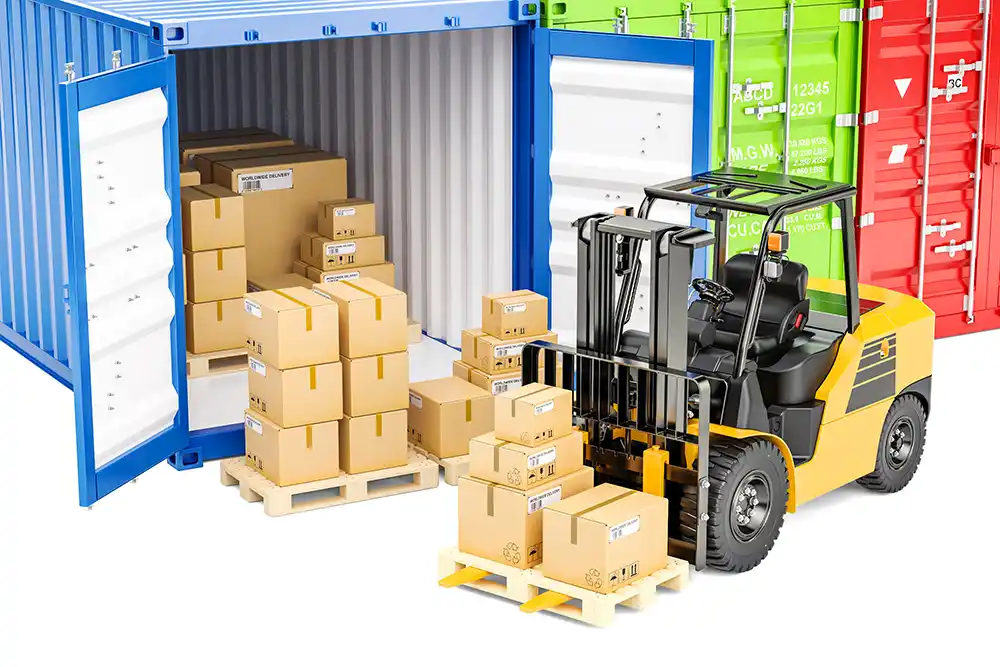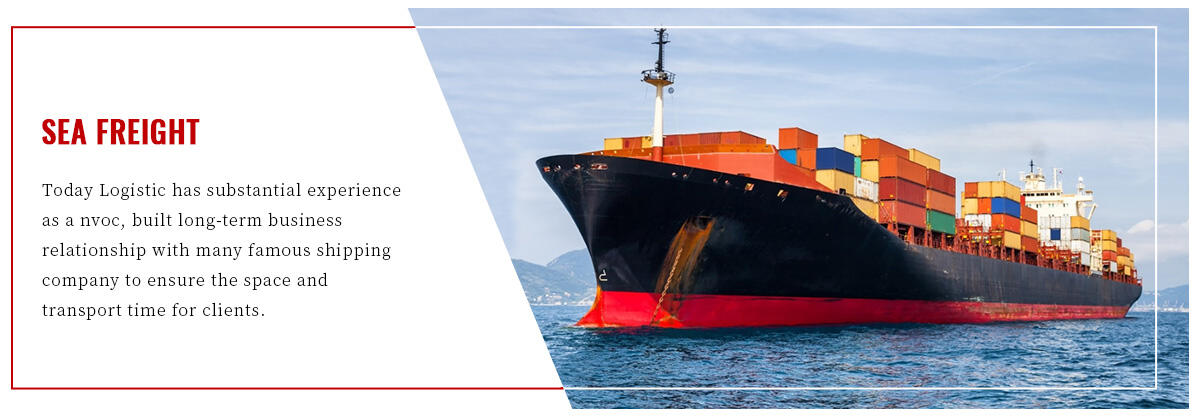doprava nákladu železnicí
Doprava nákladů železničním spojem představuje klíčový kámen moderních logistických systémů, nabízí pevné a efektivní řešení pro přepravu velkých množství zboží na dlouhé vzdálenosti. Tento osvědčený způsob dopravy kombinuje sofistikované systémy sledování, specializované kontejnery pro náklady a výkonné lokomotivy, které zajišťují spolehlivou dodávku nákladů. Moderní železniční systémy pro nákladní dopravu disponují pokročilými automatizačními technologiemi, počítačovým plánováním a možnostmi reálného časového monitorování, což umožňuje přesné sledování nákladů a jejich časování doručení. Infrastruktura zahrnuje specializované zařízení pro naložení a vyložení, intermodální terminály a rozsáhlé železniční sítě, které spojují hlavní průmyslové a obchodní centra. Tyto systémy dokážou zvládnout různé typy nákladů, od hromadných materiálů jako je uhlí a obilí po kontejnerované spotřební zboží a nebezpečné látky. Proces dopravy využívá různých typů vagónů, včetně plošin, cisteren a chladicích jednotek, každá navržená pro specifické požadavky nákladu. Bezpečnostní prvky, jako jsou pokročilé brzdové systémy, bezpečné spojovací mechanismy a pojemnice odolné vůči počasí, zajišťují ochranu nákladu během celé jízdy. Integrace digitálních technologií umožňuje efektivní plánování tras, optimalizaci nákladů a hladkou koordinaci s ostatními režimy dopravy, čímž se železniční doprava nákladů stává nezbytnou součástí globálních dodávkových řetězců.


